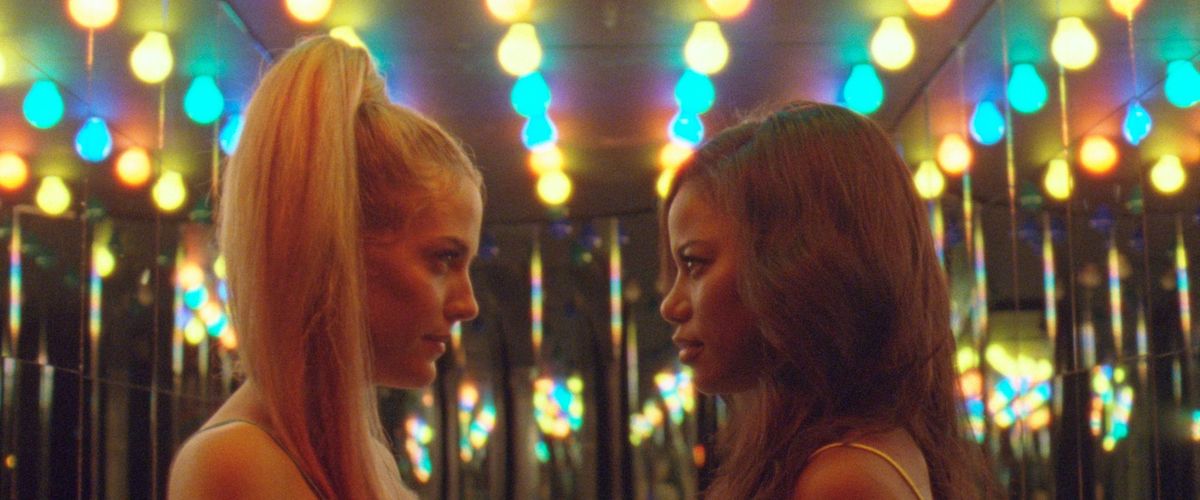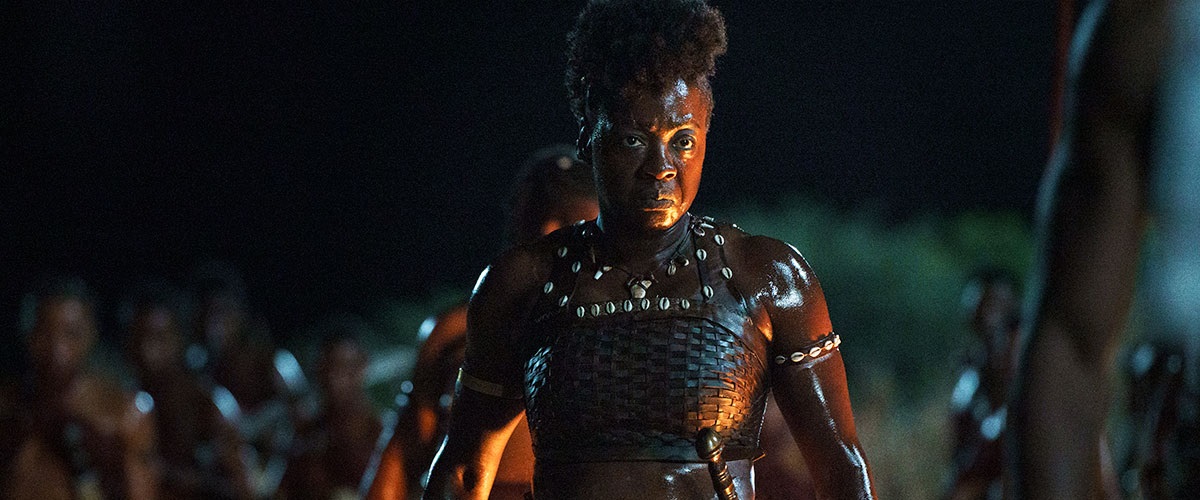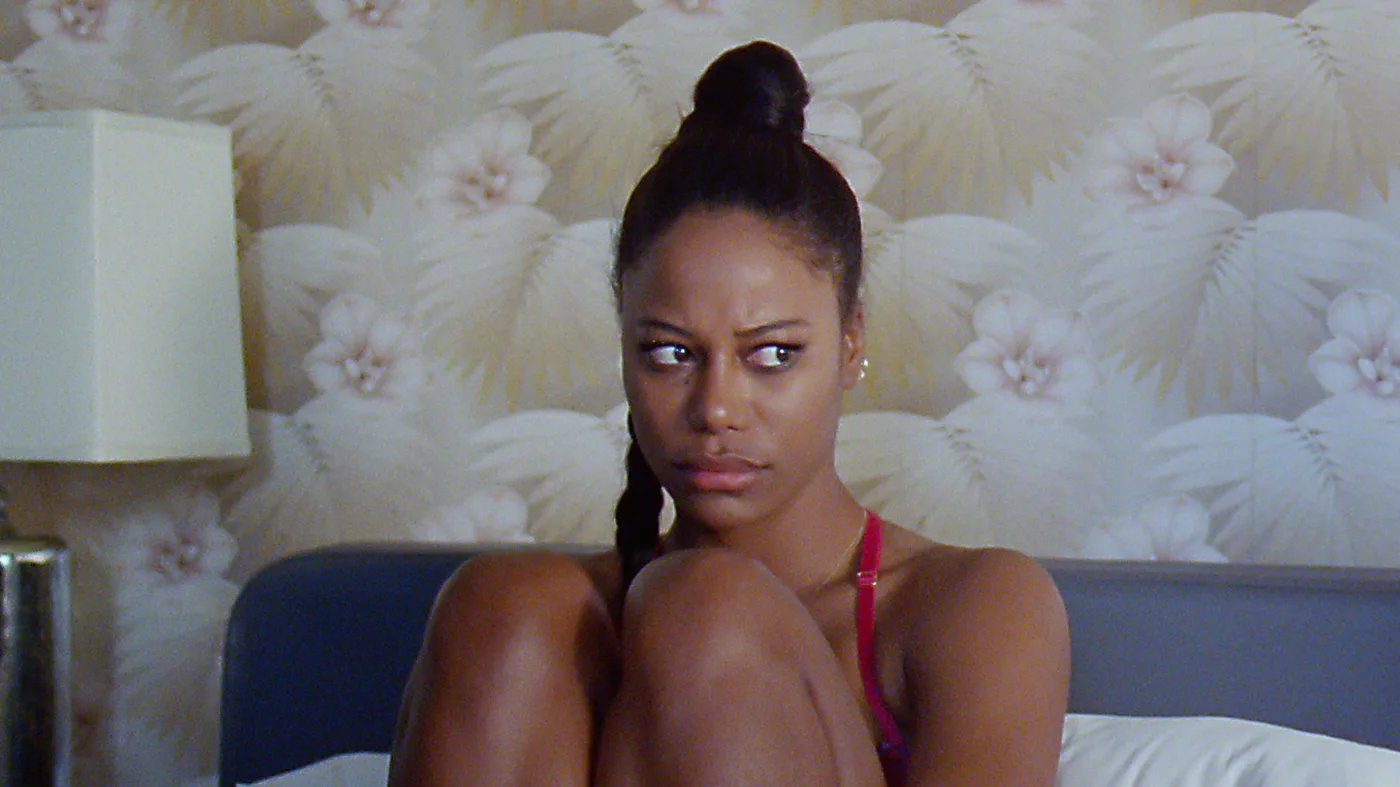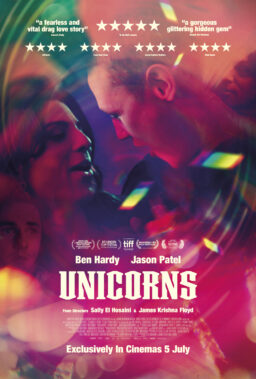Watching the 2025 Oscars was supremely irritating for a variety of reasons, but what aggravated me the most wasn’t the random James Bond tribute or even the Best Original song winner (although that comes close)—it was the Academy’s embrace of “Anora,” a dramedy about a stripper who has a whirlwind, doomed romance with a Russian oligarch’s son. It underscored just how little has changed in the four years since “Zola,” another critically acclaimed, darkly humorous tale about a stripper who gets in over her head, was completely ignored. “Anora” won five Oscars, including Best Picture, while “Zola,” a superior film in terms of writing and character development, didn’t receive a single nomination.
“Zola,” directed by filmmaker Janicza Bravo (a Black Panamanian-American woman who is also an actress and theater director), is a sharp, twisty, inventive 2021 adaptation of the 2015 viral Twitter tale of an exotic dancer who takes a road trip to Florida that goes horribly wrong. To me, this is indicative of a larger problem in Hollywood—that the talent and ingenuity of Black women filmmakers are often overlooked and underappreciated in favor of narratives that favor a distinctly white male perspective.
Sean Baker (a white cisgender man), who made gems like “The Florida Project,” is a supremely talented filmmaker; however, “Anora” lacks the empathy and care that made that film stand out. Ani, aka Anora, played by Mikey Madison (who took home a Best Actress Oscar), lacks agency and represents an amalgamation of male gaze tropes. Despite the tough girl armor she wears throughout the film, she is grossly objectified, and we also don’t see much of her interior life, vulnerabilities, or motivations—a frustratingly familiar occurrence that often happens with women characters written by men.

“Zola,” however, is a breath of fresh air. Ari Wegner’s lush cinematography makes pinks, reds, and oranges pop throughout. The score by Mica Levi is both alluring and slightly off-putting, which highlights that something is amiss in Zola’s world. The editing, which speeds up, slows down, freezes, and loops to match the shifts in Zola’s voiceovers, is superb, thanks to the Oscar-nominated editor behind “Moonlight,” Joi McMillon.
And despite the increasingly insane situations Zola (a magnetic Taylour Paige) finds herself in thanks to the machinations of a newfound friend who turns out to be a wolf in sheep’s clothing (Riley Keough, who, between this, “American Honey,” and “Dixieland,” is building a fascinating ethnography of white trash archetypes), she still has agency, something that Ani lacks. What also makes “Zola” fascinating is its critique of whiteness and how often white people who cosplay Black culture pretend not to know about the power dynamics at play until it’s time to weaponize them.
The fact that “Anora” received an Oscar darling underdog campaign while “Zola” did not, even though both were distributed by buzzy companies NEON and A24, respectively, seems indicative of a larger DEI crisis in Hollywood and the U.S. at large. Remember the fallout from #OscarsSoWhite a decade ago and how Hollywood vowed to change its ways? Well, a recent USC Annenberg Inclusion Initiative study found that only 5.3 percent of the top-grossing movies of 2024 were directed by women of color. Two years ago, several Black women-led and directed films received zero nominations, despite achieving critical and box office success.

These films include “The Woman King,” a historical epic starring Viola Davis and directed by Gina Prince-Bythewood. Prince-Bythewood wrote an essay for The Hollywood Reporter about how this lack of recognition affects the entire below-the-line crew, not just who’s in the director’s chair: “Having an Academy Award or any of these guild awards on their résumés, the next time they go up for a job, they don’t have to have that fight,” she said. “But when we’re not afforded this type of recognition, so many of them have to start back at square one.” “Till” and “Saint Omer,” also directed by Black women, released that same year, did not receive any nominations either.
It’s also worth noting that in the 98-year history of the Academy Awards, no Black woman filmmaker has ever even been nominated for a Best Director Oscar. Not Julie Dash. Not Dee Rees. Not Ava DuVernay, who came close when her 2014 film “Selma” was nominated for Best Picture, but she was also accused of misrepresenting Lyndon B. Johnson.
It’s essential to reflect on what Hollywood is saying with these snubs. And it’s worth asking, who gets to be an expert? Who gets to be an auteur? Who gets to tell which stories, and who gets to frame how taboo subject matter is talked about within the cultural zeitgeist? And what do we, the audience, lose when only a particular kind of storyteller is awarded, praised, and given the opportunities and blank checks to tell more stories?











